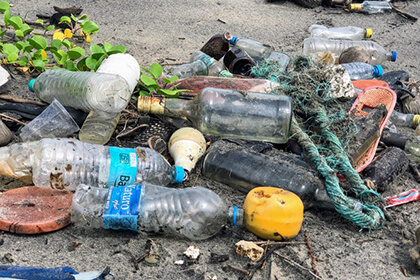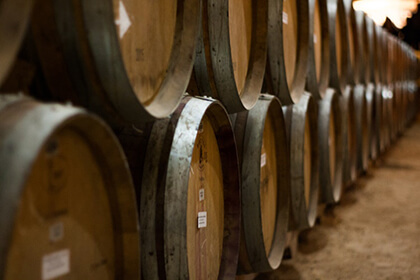
Sustainability, 'səsteɪnəˈbɪlɪti' - noun: the ability to be maintained at a certain rate or level. "The sustainability of economic growth" - avoidance of the depletion of natural resources to maintain an ecological balance. "The pursuit of global environmental sustainability."
Sustainability is such a catchphrase nowadays. Almost no one uses plastic straws anymore, and they think they've done their part. Well, no, it doesn't work that way. If we really want to create change in our habits, our lifestyle and ultimately to protect the planet, then we need to demand drastic changes in every area of our lives.
Restaurants, in particular, can have a remarkable impact in society by making small changes that I think diners should be informed and discerning enough to avoid those businesses who do not think about sustainability in every way.
 In my opinion, there are several categories that restaurants should address in order to be more sustainable:
In my opinion, there are several categories that restaurants should address in order to be more sustainable:
1. Food waste
2. Single-use plastic
3. Energy/ Electricity/ Gas/ Heat
4. Recycling
5. Kegs and Cans
6. Awareness
1. Food Waste
Many restaurants do not separate food waste from other waste, which means it cannot be composted. But to go even further and be more sustainable, restaurants should do everything they can to reduce food waste as much as possible. Bones and scraps can be turned into stocks, ensuring there are dishes on the menu that use up bits and pieces that are often ignored and thrown away (sauces?). Also, there does need to be a much more practical use by date put into practice. Black pepper with a one-month shelf life, pickles with three days and frozen items with one week are all examples of things I have seen put into place by the EHO - completely unrealistic. Those items will not have expired in those timelines. I mean, wasn't pickling invented to preserve foods?
 2. Single-use plastics
2. Single-use plastics
It is totally achievable and conceivable to live in a world without cling film. Perhaps we need to set up a training session on this? Many, many establishments cannot move past this. Even so-called sustainable restaurants whose owners are very outspoken against single-use plastic, still have it in their kitchens. Also, vac-packing is such commonplace, but the amount of plastic used for this habit is shocking.
3. Energy
Reusing heat from cooklines is an excellent way of heating a restaurant. Turning off lights, unplugging computers and other equipment that is not in use, closing doors when air conditioners are turned on. Essentially, all the basics most of us were taught as children, really need to be implemented in businesses.
4. Recycling
It's not always easy to have multiple bins behind bars or in kitchens, but in order to recycle correctly, it is imperative that these are built into the designs and that regular training is done as to how to separate items.

5. Kegs & Cans
Not only do kegs and cans produce a better product, but they are also easier to reuse and recycle. If businesses do not start making demands on their suppliers and offering alternatives to their guests, we, as consumers and employees, could start boycotting them.
6. Awareness
Training around sustainability needs to become a core part of every business, much as training around harassment is. It is only through continually talking about, teaching about, learning about and asking about sustainability that changes will be made.
Restaurants should become more sustainable as guests are becoming more discerning, they want to understand where their food came from, how it was packaged (if at all) and where the leftovers or waste goes. Informed employees/consumers will support those establishments that make an effort and possibly boycott those that don't.
Do you want to become more sustainable for free? Learn more about becoming a Carbon Free Dining certified restaurant!
.png?width=1571&height=766&name=CFD%20knife%20and%20fork%20logo%20(carbonfriendlydining.org).png)

